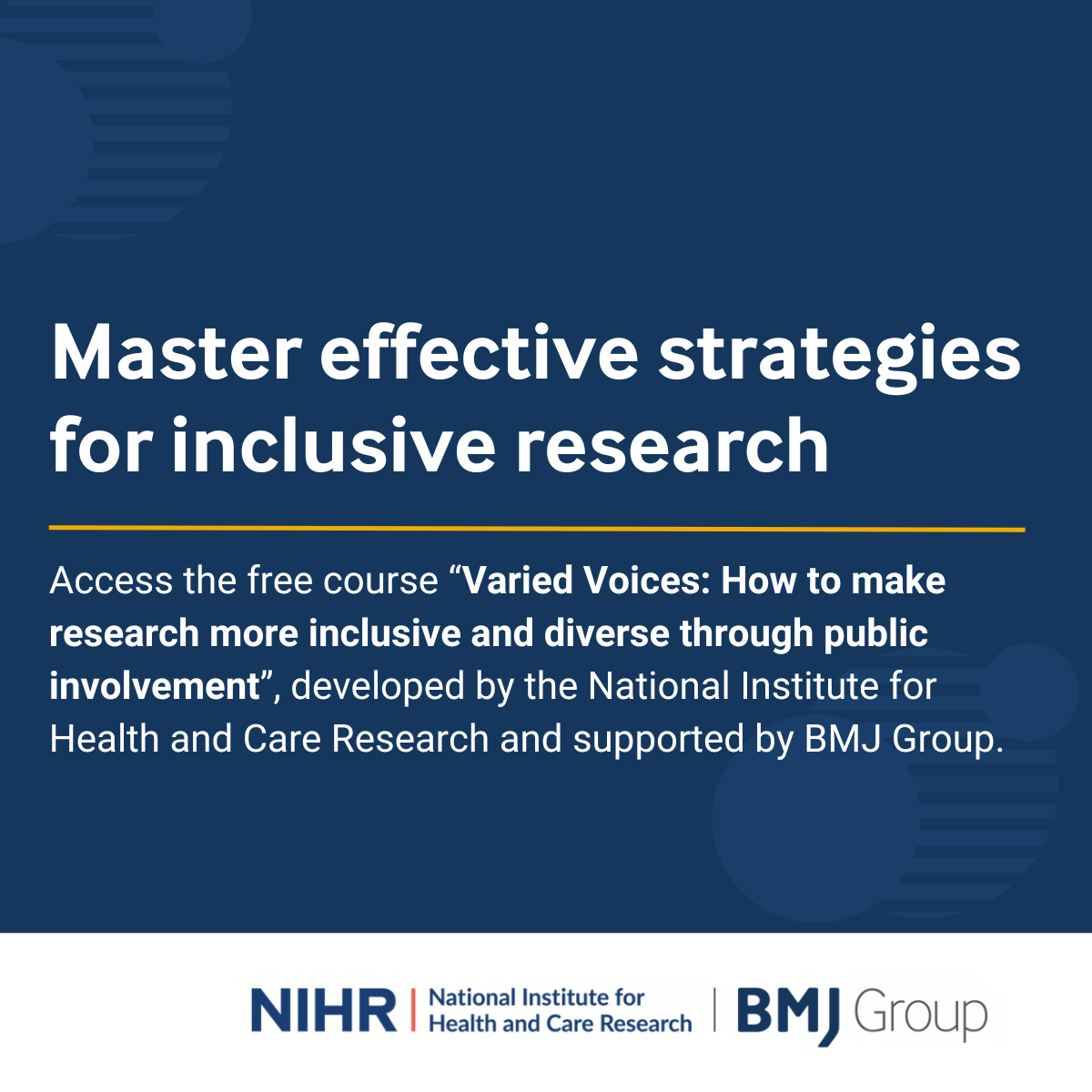Transforming healthcare with technology
“Over the past three years, we have seen how successful the rollout of BMJ Best Practice has been. We want to keep that momentum going, focusing next on increasing the level of integration of BMJ Best Practice into the clinical workflow.”
NHS Knowledge and Library Services
Addressing clinical challenges
Our clinical decision support tool, BMJ Best Practice, takes healthcare professionals quickly and accurately to the latest clinical information, whenever and wherever they need it. Our step by step guidance on diagnosis, prognosis, treatment and prevention is updated daily using robust evidence based methodology and expert opinion.
BMJ Best Practice has an innovative Comorbidities Manager that prompts healthcare professionals to consider the patient’s comorbidities when accessing treatment information for acute conditions. This produces an initial management plan that is tailored to the unique needs of the patient. BMJ Best Practice is the only clinical decision support tool to do this.
Meanwhile, our newly launched BMJ Clinical Intelligence provides knowledge engineering at scale, ensuring the translation of clinical guidelines into computable evidence. Its unique knowledge graph format allows the seamless integration of evidence directly into systems. This capability allows easy linking of evidence within your infrastructure, enhancing decision-making and improving outcomes at both individual and population levels.
BMJ Group produces the only point of care tool to support the management of single conditions and patients with more complex comorbidities.

Helping to drive quality and reduce costs
Quality improvement, patient safety, and cost efficiency are important considerations for healthcare organisations in the UK and beyond. Various interventions can address these issues, including improving staffing levels, applying clinical improvement programmes, and seeking consultancy services to manage costs.21
While these approaches can be beneficial, they often require financial investment. Another alternative is to explore existing resources that may not be fully utilised within local contexts. Decision support tools can be particularly helpful in improving patient safety and lowering litigation costs. BMJ Best Practice is one such tool, which is freely available to healthcare professionals in NHS England, Scotland, and Wales due to subscriptions provided by these nations.
Patient lawsuits stemming from misdiagnosis or delayed diagnosis carry substantial financial implications. NHS Resolution22 reveals that noteworthy diagnostic delays, such as those involving cauda equina syndrome, can lead to costs exceeding £2 million. BMJ Best Practice encompasses cauda equina syndrome and critical conditions like meningitis, aiding precise and timely diagnosis. This can directly contribute to enhanced quality of care and cost reduction.


We are very grateful to BMJ Best Practice Podcast for helping to promote the importance of best practice care and reduce the variations in standards of practice that can exist. Through promotion of these messages, which the BMJ Best Practice Podcast has helped to facilitate, we aim to support improvements in patient safety, a reduction in avoidable harm and of course linked to that a reduction in clinical negligence claims.
Nicole Mottolini
Clinical Fellow – Diabetes and Lower Limb, NHS Resolution
Meeting the changing and complex needs of patients
Staying abreast with the latest research alone is not enough. Health professionals must consistently improve their knowledge and skills. Equally, students need to prepare for practice.
BMJ Best Practice provides students with the information and tools they need to meet the changing and complex needs of patients. It also supports educators in preparing students for the next stage of their careers.
One in three adults suffer from multiple chronic conditions and most patients in the acute setting have more than one medical condition.26 This is a significant and costly global problem. Managing patients with comorbidities is hard – clinical guidelines only focus on single conditions – but failure to manage comorbidities leads to worse clinical outcomes and longer lengths of stay. In response to these challenges, we integrated the Comorbidities Manager into BMJ Best Practice.
BMJ Best Practice – Comorbidities Manager is the only point of care tool that supports the management of the whole patient by including guidance on the treatment of a patient’s acute condition, alongside their pre-existing comorbidities.
In 2023, NHS Wales and England extended their national access to BMJ Best Practice to include the Comorbidities Manager for all NHS Wales and England health and care professionals.27

The BMJ Comorbidities Manager makes it easy to add comorbidities and see their effect on any treatment plan. It also provides clear guidance of additional considerations in one singular view for the clinician.
Geraint Walker
Clinical Informaticist Critical Care, Digital Health and Care Wales
Events
Events
From conferences to masterclasses, webinars to roundtables, our events are high-profile networking opportunities where health professionals can convene to exchange insights, share best practices, unveil cutting-edge research, and collectively address patient safety threats.
Events

Varied voices: How to make research more inclusive and diverse through public involvement (Free & accredited)
Categories:BMJ Group has partnered with the National Institute for Health and Care Research (NIHR) to strengthen how people and communities are involved in medical research. Varied Voices, a free online course developed by NIHR and supported by BMJ Learning, helps healthcare professionals understand how inclusion and diversity improve the quality ...

Varied voices: How to make research more inclusive and diverse through public involvement (Free & accredited)
Categories:BMJ Group has partnered with the National Institute for Health and Care Research (NIHR) to strengthen how people and communities are involved in medical research. Varied Voices, a free online course developed by NIHR and supported by BMJ Learning, helps healthcare professionals understand how inclusion and diversity improve the quality ...
Unlocking the power of computable evidence and driving performance and innovation
Recently launched, BMJ Clinical Intelligence provides healthcare providers, payors, and healthcare platform providers with high-quality computable guideline recommendations across the whole patient and population health journey. Covering both single conditions and complex comorbidities, our trusted recommendations are coded and converted into computable form in a knowledge graph.
The BMJ Clinical Intelligence knowledge graph is maintained and updated continuously using a robust evidence-based methodology. With a network of over 1500 contributors and peer reviewers, and a dedicated in-house team of clinical editors, pharmacists, information specialists, health informaticians, and data scientists, we have the expertise to address all clinical information requirements efficiently and effectively.

Committee on ethics and artificial intelligence at BMJ Group
At BMJ Group, our Digital Health business area produces a range of digital resources for clinical decision support and medical education, such as BMJ Best Practice. We are witnessing a rapidly increasing interest in how our digital resources can be used in the context of machine learning and artificial intelligence. In response, we are ensuring that our resources contribute to these innovations.
In doing so, however, we are equally keen to ensure that what we do is ethical and safe. This is especially so in the area of active clinical decision support. That’s why we have a dedicated team of external experts we can rely on to help guide our decisions.
Members of the expert committee on ethics and artificial intelligence advise us on issues such as avoiding harm, patient autonomy, transparency and explicability, human agency and oversight, safety, security, legality, confidentiality, or data governance. The committee is advisory—BMJ Digital Health is responsible for its decisions.

